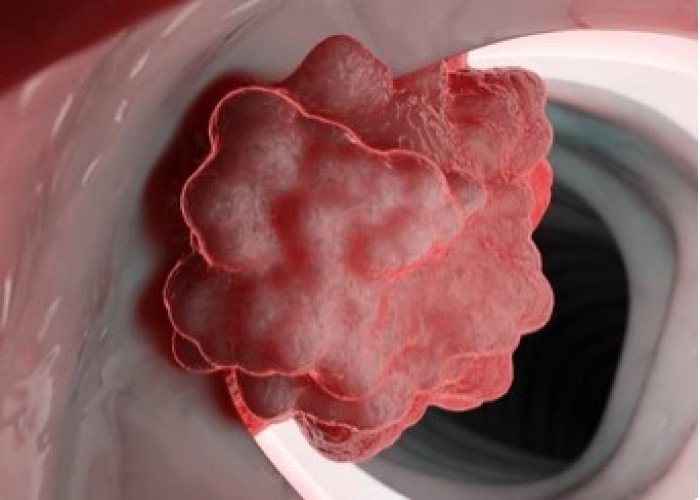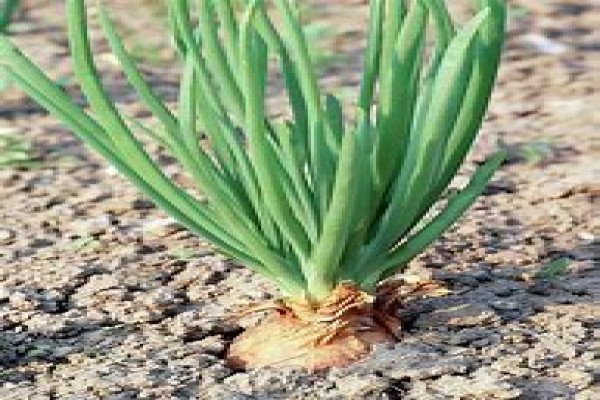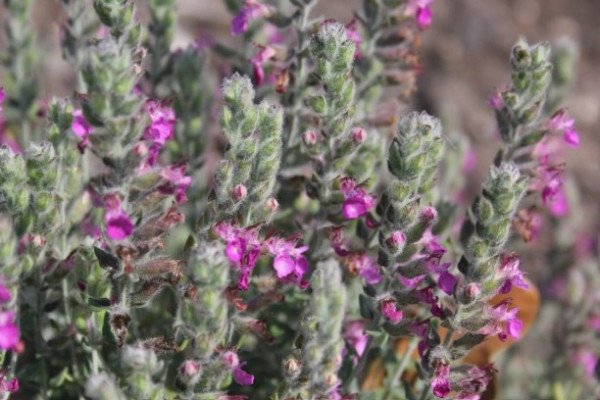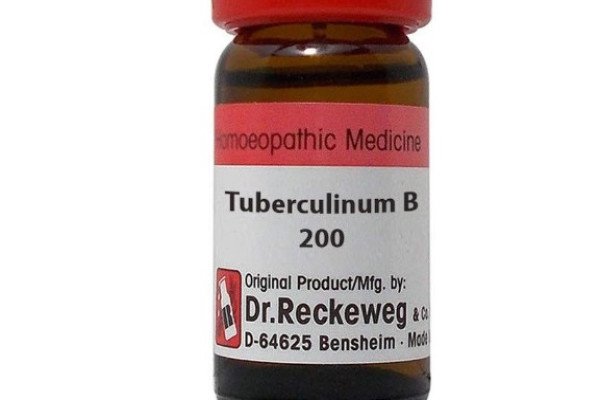 Welcome
Welcome
“May all be happy, may all be healed, may all be at peace and may no one ever suffer."
Polypus in nose - Homeopathic remedies
A nasal polyp, or polypus, is a noncancerous growth that develops in the lining of the nasal cavity or sinuses. Nasal polyps are often the result of chronic inflammation due to conditions like allergies, chronic sinusitis, or cystic fibrosis. While nasal polyps themselves are not cancerous, they can cause significant discomfort and affect your quality of life.
Symptoms:
The symptoms of nasal polyps can include:
- Nasal congestion
- Runny nose
- Postnasal drip
- Reduced sense of smell
- Snoring
- Facial pain or pressure
- Headaches
- Recurrent sinus infections
Diagnosis:
If you suspect you may have nasal polyps, it is important to see your healthcare provider for an accurate diagnosis. Your healthcare provider will likely perform a physical examination of your nose and sinuses and may also order imaging tests, such as a CT scan or MRI, to confirm the presence of nasal polyps.
Treatment:
Treatment for nasal polyps typically involves a combination of medications and, in some cases, surgery. Medications may include:
- Nasal corticosteroids: These are anti-inflammatory medications that are sprayed into the nose to reduce swelling and inflammation.
- Antihistamines: These medications can help to reduce allergy symptoms that may be contributing to nasal polyps.
- Antibiotics: If you have a bacterial infection in your sinuses, your healthcare provider may prescribe antibiotics to help clear the infection.
In more severe cases, surgery may be required to remove the nasal polyps. This procedure, called a polypectomy, is typically done under local or general anesthesia and involves the use of small instruments to remove the polyps. In some cases, a more extensive surgery may be required to remove larger polyps or to address underlying structural issues in the nasal cavity.
Prevention:
While there is no surefire way to prevent nasal polyps, there are steps you can take to reduce your risk of developing them. These may include:
- Managing allergies: If you have allergies, working with your healthcare provider to manage your symptoms can help to reduce inflammation in the nasal cavity.
- Avoiding irritants: Exposure to certain irritants, such as cigarette smoke or pollution, can contribute to nasal inflammation.
- Practicing good hygiene: Washing your hands regularly and avoiding close contact with people who are sick can help to prevent the spread of infections that can contribute to nasal polyps.
If you are experiencing symptoms of nasal polyps, it is important to see your healthcare provider for an accurate diagnosis and appropriate treatment. With the right care, most people are able to manage their symptoms and maintain good quality of life.

Rectal cancer

Eye injury

Conjunctivitis

Burned by fire

Nervous weakness

Glandular swelling

Fever

Cataracts in eyes
Polypus in nose, নাকে পলিপাস
To be happy, beautiful, healthy, wealthy, hale and long-lived stay with DM3S.




